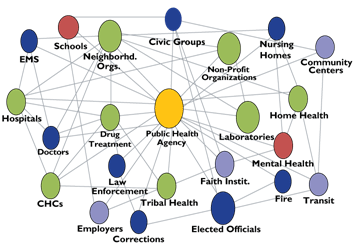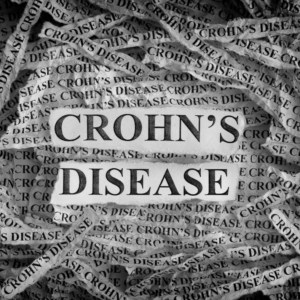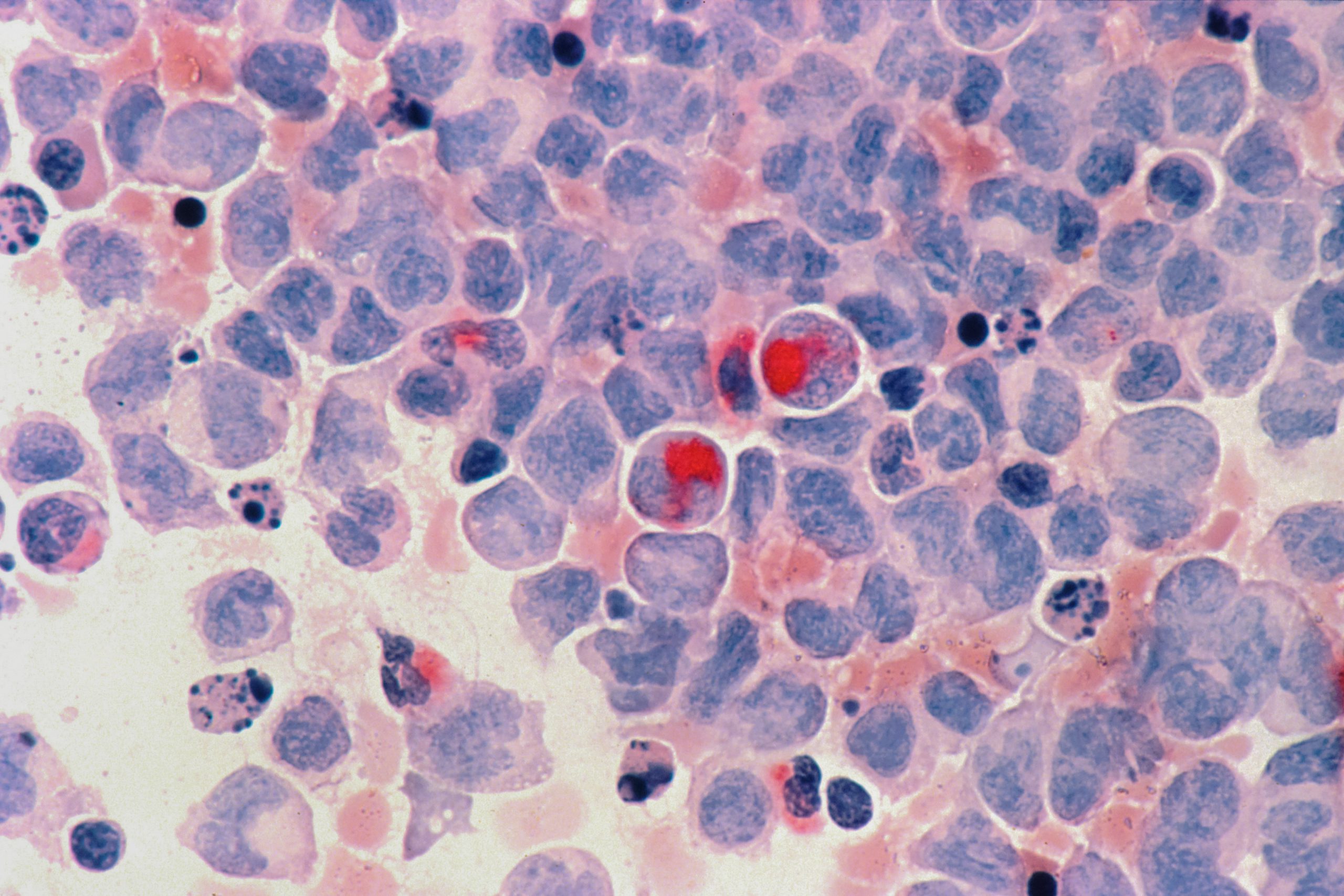For over 30 years, the first full week of October has been Mental Illness Awareness Week. This year, the NeedyMeds blog has observed Mental Health Month in May, Minority Mental Health Month in July, and Suicide Prevention Month in September. We’ve discussed how everyone’s mental health matters, the unique factors affecting mental health for vulnerable populations, and how to prevent devastating outcomes, but we have not yet touched on the realities of mental illness in 2021.
Twenty percent of the population — as many as 65.6 million Americans — live with some kind of mental health condition, with nearly 5% living with a serious mental illness that substantially limits their life activities. Those living with mental illness fight stigma while trying to survive under profound internal duress. Awareness is important to ensure resources are made available to those who need them and the stigma and misconceptions surrounding mental illnesses can be reduced.
Everyone has stress and difficult emotions on occasion, and this is completely normal. Mental illness, however, is any condition that makes it difficult to function in daily life. It can affect relationships or job performance, and is caused by any number of complex interactions within the human brain. Mental illness can range from anxiety or mood disorders like depression, psychotic disorders like schizophrenia, to eating disorders or addictive behaviors.
Depression is the leading cause of disability in the world and includes 16 million American adults living with major depression. Eighteen percent of adults in the U.S. experience anxiety disorders such as post-traumatic stress disorder (PTSD), obsessive-compulsive disorder (OCD), and/or specific phobias ranging from a fear of spiders to a fear of pickled vegetables.
Mental illnesses do not just present in adults. More than one out of five adolescents aged 13-18 (21.4%) have experienced a severe mental disorder at some point during their life, with 13% of children 8-15 experiencing the same. Seventy percent of the youth in the juvenile justice system have at least one mental health condition and at least 20% live with serious mental illness. Half of all chronic mental illnesses begin by age 14.
Mental illness is prevalent in homeless populations, with an estimated 26% of adults staying in shelters living with serious mental health conditions and approximately 46% with both mental illness and/or substance abuse. One in five state prisoners have a recent history of mental illness. Mood disorders such as depression or bipolar disorder are the third most common cause of hospitalizations in the U.S. across ages 18-44. Serious mental illness costs America $193.2 billion in lost earnings per year.
Contrary to scientific evidence, Americans are more likely to view people affected by mental illness as potentially violent due to media coverage of mass shootings and the political language used to explain such events as aberrations that cannot be foreseen or effectively avoided. In reality, the vast majority of people with mental health problems are no more likely to be violent than anyone else. Most people with mental illness are not violent; only 3%-5% of violent acts can be attributed to individuals living with a serious mental illness. In fact, people with severe mental illnesses are over 10 times more likely to be victims of violent crime than the general population.
The effects stigma has on people with mental illness and their families can be extensive. Stigma comes from a lack of understanding of others’ experience, and can be invalidating and harmful to people already struggling. This can lead to further isolation and unnecessary shame. Stigma can also lead to harassment, bullying, and violence towards those affected. People with mental illnesses continue to face discrimination in seeking employment, housing, and justice. Stigma also prevents people from seeking help or getting treatment, causing symptoms to become worse and more difficult to treat.
The ongoing COVID-19 pandemic has had a tremendous impact on Americans’ mental health. More than one in four American adults have met the criteria that psychologists use to diagnose serious mental distress and illness, representing a roughly 700% increase from pre-pandemic data collected in 2018. Mental illness often coincides with unique challenges that make it difficult for people to access even the most basic necessities such as food, medications, housing, and healthcare. People with severe mental illness are at a much higher risk for contracting and transmitting the novel coronavirus, often living in shelters and more likely to have comorbid conditions, risky behaviors, and an existing distrust of the healthcare system from previous traumatic experiences cycling in and out of treatment centers. These patients often don’t have smartphones, computers, or access to TV/internet and must rely on mental health clinicians to get the latest updates about the pandemic. Psychiatric units have had to rapidly adapt to the ever-changing state of the pandemic including cancelling group therapy sessions, dealing with shortages of protective equipment, food, medication, and caregiver burnout.
NeedyMeds has Diagnosis Information Pages for various mental illnesses including depression, obsessive-compulsive disorder, and schizophrenia. There are also resources for those who have been impacted by COVID-19. We have information for over 5,000 free, low-cost, or sliding-scale clinics throughout the country that offer counseling or mental health services. Search your ZIP code for clinics that may offer Counseling/Mental Health Services near you, or call our toll-free helpline for information at 1-800-503-6897 (open Monday through Friday, 9am to 5pm ET).
We encourage everyone to educate themselves, strive to understand the difficulties people around us live with, and to replace stigma with hope and support. If you or someone you know is thinking about suicide, it is important to know that no one is alone in their struggle. Call for assistance, whether help is needed immediately or long-term.
Samaritans 24/7 Crisis Services via call or text (available in 240+ languages): (877) 870-HOPE (4673)
The Trevor Project (LGBTQIA crisis support): 1-866-488-7386 or Text “Trevor” to 1-202-304-1200
Trans Lifeline (transgender crisis support): (877) 565-8860
Blackline (LGBTQIA-inclusive crisis support for Black, Indigenous, and Muslim communities): (800) 604-5841





